The emergence of Artificial Intelligence (AI) in trading is revolutionizing the financial sector, from enhancing trading strategies to optimizing risk management. However, this evolution also brings with it significant implications for the employment landscape within the trading industry. This article will explore the potential impacts of AI on job roles, opportunities, and challenges in the trading world.
1. Job Displacement and Automation
One of the primary concerns regarding AI in any industry is the potential for job displacement. Automated trading systems can execute trades faster and in some cases, more efficiently than humans. This might result in:
- Reduction in the need for traditional traders: AI algorithms can handle large datasets, making decisions in fractions of a second based on complex criteria, a task challenging for human traders.
- Shift from manual to supervisory roles: While there may be fewer roles for manual trade execution, there will be a growing need for experts to supervise, manage, and refine these AI systems. A closer look at the shift can be found in our article on The Future of Robo-Advisors: Are Human Financial Advisors at Risk?
2. Emergence of New Roles
As with any disruptive technology, while some roles may diminish, new ones emerge:
- AI Algorithm Developers: As trading strategies become more AI-centric, there will be an increased demand for experts who can develop, test, and refine these algorithms.
- Data Scientists and Analysts: With AI’s reliance on data, experts who can source, clean, and interpret vast datasets for trading will be in high demand. This is further discussed in Overcoming Data Challenges in AI-Driven Trading.
- AI Ethics Specialists: Ensuring that AI-driven trading adheres to ethical guidelines will be paramount. The significance of this is explored in AI, Online Trading, and Ethics.
3. Upskilling and Reskilling
With the integration of AI in trading:
- Continuous Learning: Existing employees may need to continuously update their skills to stay relevant. This might include understanding AI principles, data analysis, or cybersecurity.
- Cross-disciplinary skills: Traders of the future might not just need expertise in finance but also in fields like computer science, data analytics, and AI.
4. Enhanced Collaboration
The intersection of AI and trading could foster greater collaboration between departments:
- Inter-departmental Collaborations: IT and trading departments may need to work more closely, breaking down traditional silos in organizations.
- Global Collaborations: As AI systems can analyze global data, there might be an increase in collaborations between traders across different countries and continents.
Conclusion
The integration of AI into the trading world offers a plethora of opportunities but also challenges the traditional employment landscape. A proactive approach, emphasizing continuous learning and adaptability, can help professionals harness AI’s potential while navigating its challenges.
For a more comprehensive understanding of AI’s role in the financial world, consider exploring Benefits and Risks of AI in Forex Trading and The Role of Quantum Computing in the Future of AI Trading.
